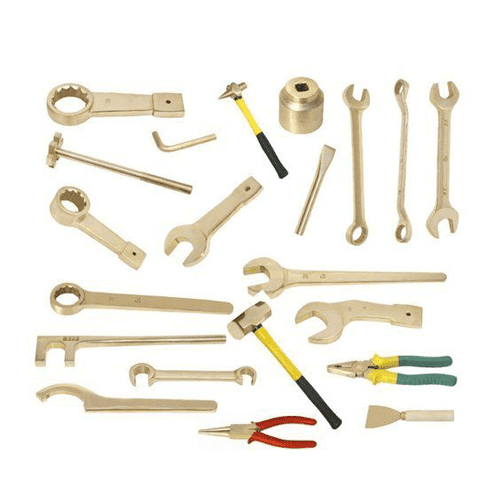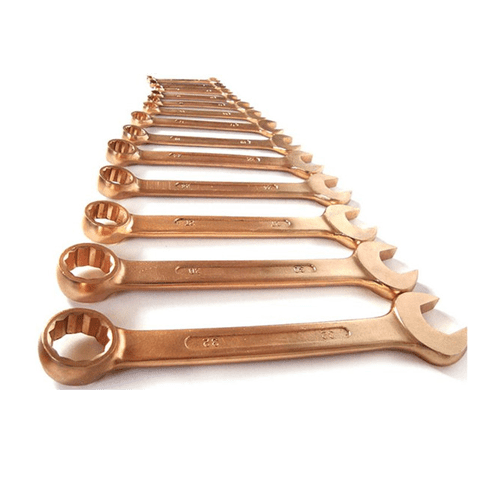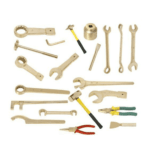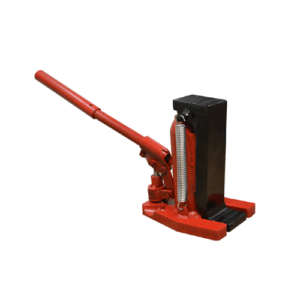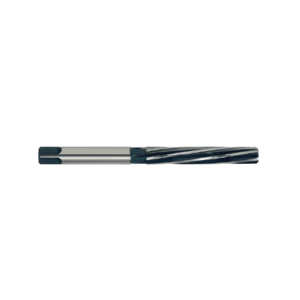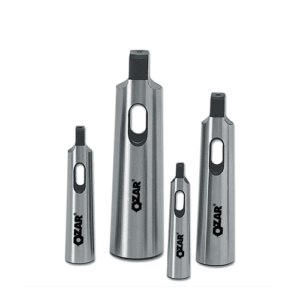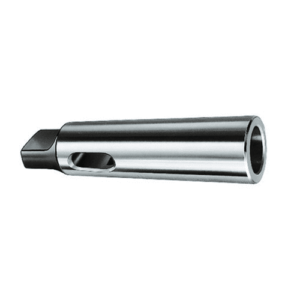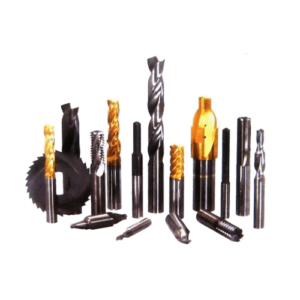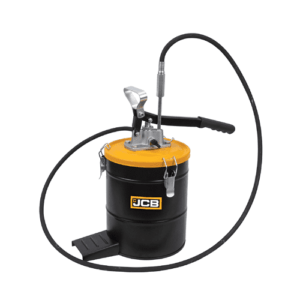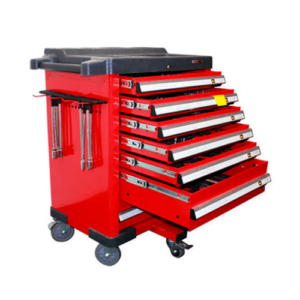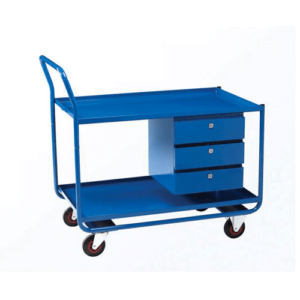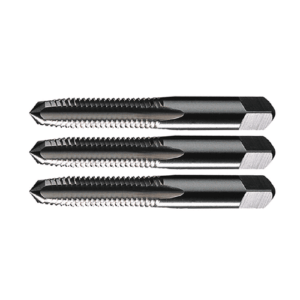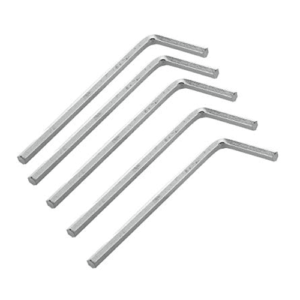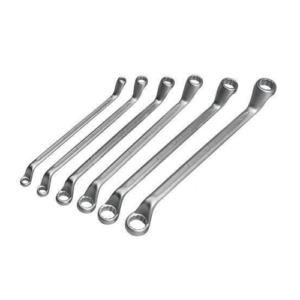Non Sparking Tools
Non Sparking Tools: Non-metals such as wood, leather and plastics can also be used to create non-sparking tools. Some common tools that are available in a non-sparking option include hammers, axes, pry bars, chisels, utility knives, mallets, pliers, screwdrivers, sockets and wrenches.
Related Products
Tools Kits
Tools Kits: Tools and equipment are terms that are often used interchangeably without knowing the actual difference between tools and equipment, but in fact, they have different definitions. Tools and equipment are not only two words that are often used in day to day life, but also two utensils that are often used every day as well.
Tool Set has the tools you need to tackle a variety of tasks around the house. Whether you’re doing basic repairs, hanging pictures or cutting through boxes, this tool kit will equip you with the high-quality essentials required to complete many DIY projects.
Reamers
Reamers: A reamer is a type of rotary cutting tool used in metalworking. Precision reamers are designed to enlarge the size of a previously formed hole by a small amount but with a high degree of accuracy to leave smooth sides.
Drill Sleeves
Drill Sleeves: Drill sleeve. (engineering) A tapered, hollow steel shaft designed to fit the tapered shank of a cutting tool to adapt it to the drill press spindle. Drill Sleeves are used to adapt smaller mores taper shank tools to larger machine spindles. The Concentricity and taper angles are precisely controlled which allows perfect locking and concentric movement to the tool held.
Vernier Calipers
Vernier Calipers: A Vernier scale is a visual aid to take an accurate measurement reading between two graduation markings on a linear scale by using mechanical interpolation; thereby increasing resolution and reducing measurement uncertainty by using Vernier acuity to reduce human estimation error.
Carbide Tools
Carbide Tools: Carbide tipped tools retain their cutting-edge hardness at high machining temperatures generated by high cutting speeds and feeds that reduce machining cycle time. Carbide tipped tools improve surface finish and hold size far longer for better quality.
Grease Pump
Grease Pump: A grease gun is a common workshop and garage tool used for lubrication. The purpose of the grease gun is to apply lubricant through an aperture to a specific point, usually on a grease fitting or ‘nipple’. The channels behind the grease nipple lead to where the lubrication is needed.
Storage Trolleys
Storage Trolleys: A toolbox could refer to several types of storage to hold tools. It could mean a small portable box that can carry a few tools to a project location or a large storage system set on casters. Modern toolboxes are predominantly metal or plastic.
Toolboxes can be mainly divided as 5 types:
- Plastic
- Steel
- Aluminum
- Waterproof
- Cantilever
Pliers
Pliers: Pliers are a hand tool used to hold objects firmly, possibly developed from tongs used to handle hot metal in Bronze Age Europe. They are also useful for bending and compressing a wide range of materials.
Tap Sets
Tap Sets: Tapping is when you threads are cut into a hole. A die set is used to cut threads onto a cylinder (bolt). To use a tap or a die, first determine the number of threads per inch (TPI) of the part to be fixed.
Hydraulic & Manual Jacks
Hydraulic & Manual Jacks: Working Principle of HYDRAULIC JACK or HYDRAULIC PRESS. The hydraulic jack is a device used for lifting heavy loads by the application of much smaller force. It is based on Pascal’s law, which states that intensity of pressure is transmitted equally in all directions through a mass of fluid at rest.
Hammers
Hammers: A hammer is a tool consisting of a weighted “head” fixed to a long handle that is swung to deliver an impact to a small area of an object. This can be, for example, to drive nails into wood, to shape metal (as with a forge), or to crush rock. Hammers are used for a wide range of driving, shaping, and breaking applications.
Allen Keys
Allen Keys: A hex key, Allen wrench or Allen key, is a simple tool used to drive bolts and screws with hexagonal sockets in their heads. The tool is usually formed of a single piece of hexagonal rod of hard steel, with blunt ends that are meant to fit snugly into the screw’s socket, bent in an “L” shape with unequal arms.
Spanners
Spanners: A wrench or spanner is a tool used to provide grip and mechanical advantage in applying torque to turn objects—usually rotary fasteners, such as nuts and bolts—or keep them from turning. In Commonwealth English, spanner is the standard term. The most common shapes are called open-ended spanner and ring spanner.
Drills
Drills: The drill’s mechanism is actually quite simple: A trigger switch activates an electric motor, which in turn drives a rotating chuck. Numerous accessories can fit into in the chuck, allowing the drill to bore holes, drive screws, and sand, polish, and grind a wide variety of materials.


